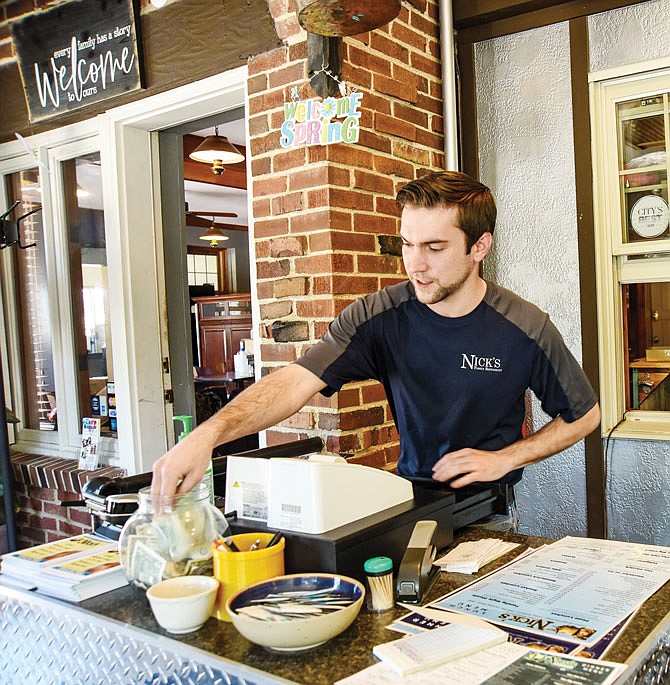Even though most people would like to call the COVID-19 pandemic a thing of the past, it continues to impact the food service industry through its ability to hire staff or get supplies.
Some Jefferson City restaurants have had to reduce hours or days they're open, said Diane Gillespie, executive director of the Jefferson City Convention and Visitors Bureau.
Gary Plummer, president of the Jefferson City Area Chamber of Commerce, agrees, saying staffing is the No. 1 issue he's hearing from all business sectors - including restaurants.
"They talk about how difficult it is to find people to take positions, all across the spectrum, not strictly entry level, but nearly every position is tougher to fill than it used to be," he said.
In the hospitality industry, he said, it's "maybe even a bigger challenge" because positions tend to be on the lower side of the pay scale.
Plummer said the chamber is planning to work with local education institutions on ways to get people skilled to fill open positions.
For instance, the chamber helped connect 20 Lincoln University students with businesses in the area for internship programs.
"It looks like we're going to be successful with that pilot this semester, but we're just scratching the surface, I think, on what the potential is," Plummer said. "Those interns are valuable commodities right now, both for the employers and the students. It's a great way for the students to make a little extra money and develop a career path."
Supply issues are coming down to seemingly simple things such as single serving condiment packets.
"(It's) because the health care institutions have all gone to single-serving condiments, which is what restaurants are wanting to do too, and it makes it very tough for them to get their hands on that kind of product," Plummer said.
Gillespie said she knows some restaurants needed to close for a couple days due to a lack of supplies.
"It's just kind of crazy," she said. "They've had to go with the flow."

